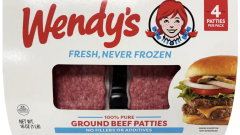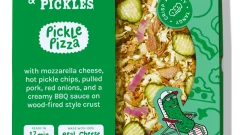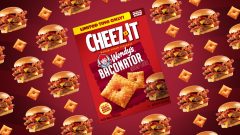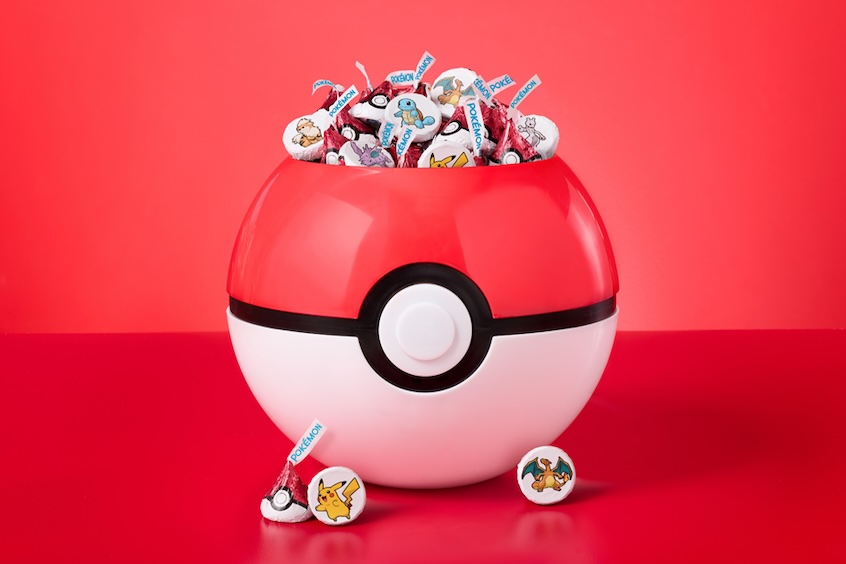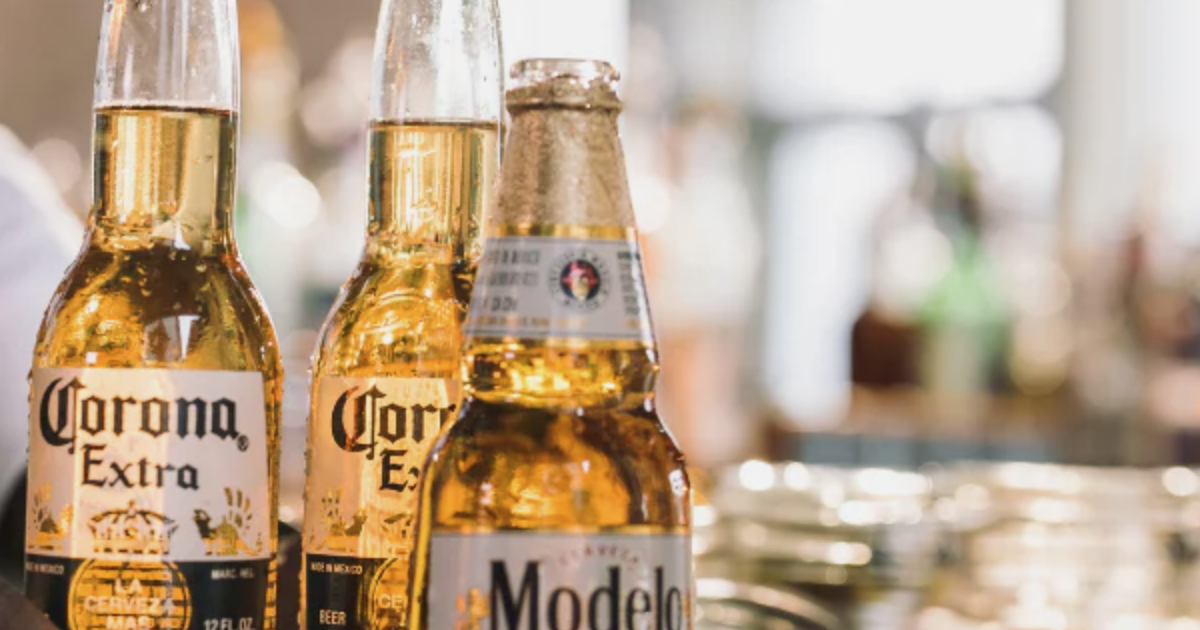Artificial Intelligence Could Change the Fast Food Industry In A Major Way
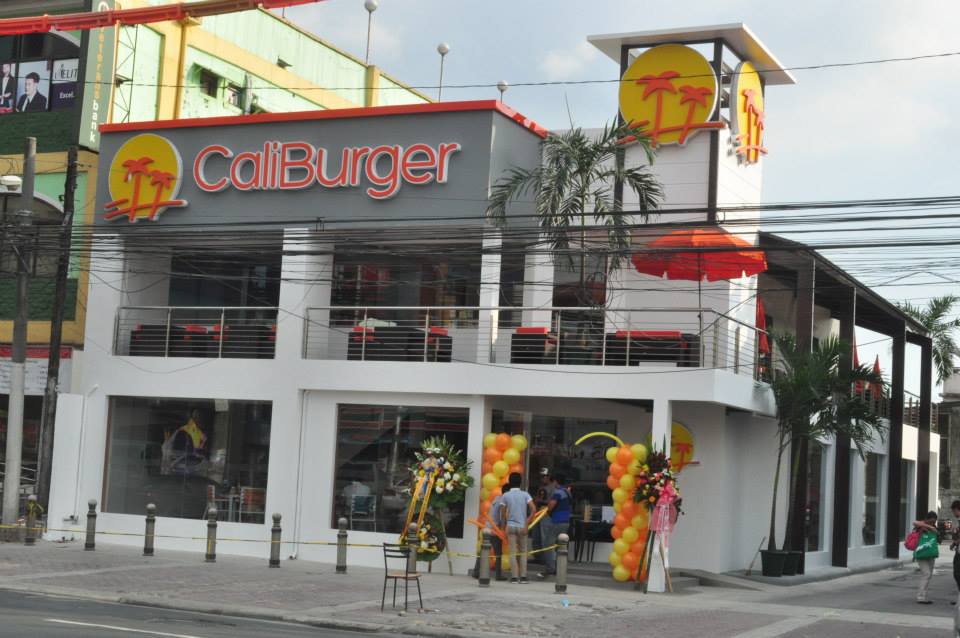
Artificial Intelligence (AI) isn’t quite as futuristic and distant as we might imagine. Truth be told, most of us use AI in our day-to-day lives.
If you ever ask Siri, Google Now or Cortana a question, you’re using AI. Even getting online customer support or browsing through your Netflix recommendations is considered an interaction with AI.
This technology doesn’t have to be a full-blown, out-of-a-sci-fi movie robot to be considered Artificial Intelligence — but some of them are. And some of these bots have started infiltrating an industry that’s near and dear to my heart: fast food.
With today’s constant talk of robots taking jobs and the rapid advancements being made in the AI field, we can’t help but wonder: is Artificial Intelligence going to completely change fast food as we know it?
The answer, I think, is yes.
Now AI has been used in foodservice for years, mainly doing processing jobs that take place in factories. But in the past couple years specifically, we’ve started seeing more AI at actual franchises, taking on tasks that we would usually see human employees do.
In May 2016, KFC opened up a concept restaurant that is entirely run by robots called Original+. The innovative branch was opened in Shanghai, China and is run by a robot called “Dumi.” Although “Dumi” still has a hard time understanding different accents and dialects, it is smart enough to take and make orders for customers in a flash.
https://www.youtube.com/watch?time_continue=39&v=JrGD_1haJxY
KFC isn’t the only chain to jump on the AI bandwagon. Domino’s Pizza in New Zealand announced in March 2016 that they would be incorporating artificial intelligence in its delivery service through a robot dubbed the “Robotic Unit” (DRU) that can self-drive up to 12.5 miles and store up to 10 pizzas.
The latest development for food industry AI has come from the West Coast burger chain, CaliBurger, which announced in March of this year that they’d be adding a new employee to their kitchen: Flippy, the burger-flipping robot designed to do the average tasks of a fry cook.
CaliBurger has vowed to invest in 50 Flippy robots which will be placed in CaliBurgers across the world within the next two years.
This announcement came just a few weeks before Taco Bell made a contradictory announcement, taking the stance that human interaction is what makes for a great food service experience.
“The caveat on technology is that tech is only as good as the experience that a team member creates, “ Taco Bell’s CEO, Brian Niccol, said while on a panel during Edelman’s Trust Barometer event. The Trust Barometer is a global summit that takes stock of institutions like business, government, NGOs, and media. “It’s an enabler for managers and team members to create a better experience.”
 Flickr
Flickr
We’re not sure if that’s true for every experience (who hasn’t dealt with at least one miserable employee at a fast food window?), but we certainly get what Niccol means.
It may not happen overnight, but the data doesn’t lie. Companies like Citi have published thorough studies to examine the use of AI in the future, and have found that automation will threaten up to 47% of American jobs and 85% of jobs worldwide. In all fairness, the timeline of this takeover is not entirely clear — so it could be any number of years before things get this drastic.
But that doesn’t make the threat any less real.
Even President Obama spoke to this concern and how it will affect Americans in his final address:
“The next wave of economic dislocations won’t come from overseas,” he said. “It will come from the relentless pace of automation that makes a lot of good, middle-class jobs obsolete.”
 Wikipedia, Five Guys
Wikipedia, Five Guys
In the irony of ironies, another person who is predicting this decline in jobs is CEO of Yum Brands, Greg Creed. Creed said just a few weeks ago that most jobs now staffed by humans in the foodservice industry will be replaced by automation in 10-15 years, tops.
If you don’t know, Yum Brands owns Taco Bell, so we’re wondering if Creed and Brian Niccol see eye-to-eye on this one.
Although the demise of our daily jobs seems certain based on studies and opinions like these, there are some who are choosing to see the silver lining. The Harvard Business Review, for instance, believes that saying “robots are taking our jobs” and not acknowledging the jobs AI will create is foolish.
An excellent example that illustrates their point is the phenomenon that happened when ATMs were first rolled out in the US in the 1970s. Between 1995 and 2010, the number of ATMs increased from 100,000 to 400,000, effectively taking the jobs of hundreds of bank tellers.
However, to support these ATMs, many new bank branches opened across the country. As a result, these branches had to be staffed by people, which, as you may have guessed, ended up increasing jobs in the industry.
 Public Domain
Public Domain
Could a similar scenario play out in the foodservice industry? It’s not completely out of the question, although maybe less likely.
Say the high productivity of a robot fry cook like Flippy boosts CaliBurger sales through the roof, in turn making locations busier than ever. The chain may have to open up more locations, which would create new jobs for cashiers or managers.
But how long will it be until those jobs are taken by AI as well?
Unfortunately for foodservice employees, we’ll have to wait and see how the future unfolds. Thankfully for us consumers, we still get our Crunch Wrap Supreme either way — which is a serious comfort when staring into an uncertain future.


